At a recent WSET course a student asked ‘What is tannin?’ We talk about it a lot when discussing wine because it is one of the key elements in wine, but what does it do and how do we know it is there?
Firstly, the science. Tannins are naturally occurring polyphenols, micronutrients that we find in certain plant-based foods, berries, nuts, dark chocolate and, of course, wine. They’re packed with antioxidants and potential health benefits.
Tannins are one of the key natural components of wine, along with acidity, sugar and alcohol. You can’t smell it but you can taste it because it adds texture and body to the wine. We often tend to describe wines in terms of aromas and flavours but texture is also a fundamental part of the wine to which you should pay attention.
A full bodied wine will have more tannins than a light bodied wine. It does not mean that it is better wine, it just means it has more body. A wine that is made to be aged requires a higher level of tannins. Over time the tannins become softer and smoother as the wine develops and becomes more complex adding secondary and tertiary flavours. That is why, when tasting wines from Bordeaux or Burgundy they are often described as being very closed and tannic, because they need 10 or 20 years in bottle to develop.
Tannin in wine leave your mouth feeling dry, it stains your teeth and if there is too much of it the wine will have an added bitterness and astringency. It is similar to drinking strong tea where the sensation of dryness is caused by the high level of tannin.
The tannins in wine are found in the skins, pips and stalks. Red wines have much higher levels of tannins than white wines because the must used to make red wine spends much more time soaking on the skins and extracting the tannins from the skins and pips.
The amount of tannin in each wine varies depending on the grape variety. The grape variety Bobal, for example, has a much higher level of tannin than Pinot Noir. Other grape varieties that are naturally high in tannins are Tempranillo, Malbec and Cabernet Sauvignon whereas Garnacha and Merlot produce wines that are lower in tannins.
White wines tend to have minimal contact with the skins during fermentation. However, if you notice tannins in white wines this will be an indication that the wine has spent some time in oak barrels, where you also find natural tannin, and the wine absorbs some of these. It is a good way to impress your tasting buddies by identifying tannins in white wines and knowing where they came from.
We associate a nice steak with a full bodied red wine, this is because tannins interact with proteins and fats. The protein and fat in the meat reduce the impact of the tannin making the wine feel smoother and while at the same time the tannin cleanses your palate of the same proteins and fats. A naturally harmonious occurrence.
Are tannins good for you? There are studies that suggest that tannin has an anti oxidative effect on the body. Another reason to drink a glass of good red wine.






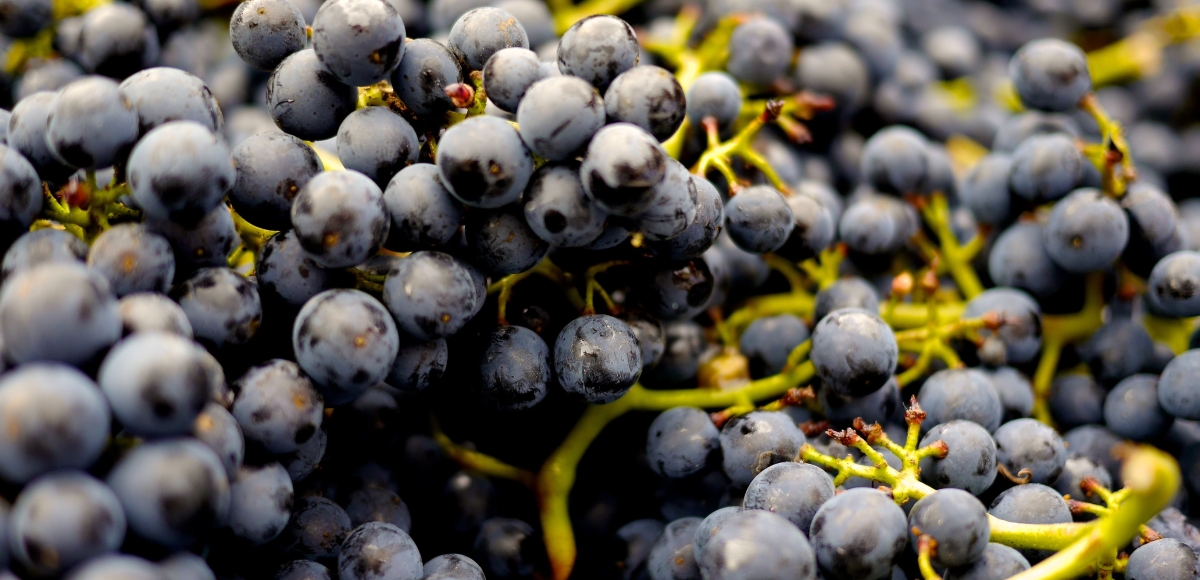
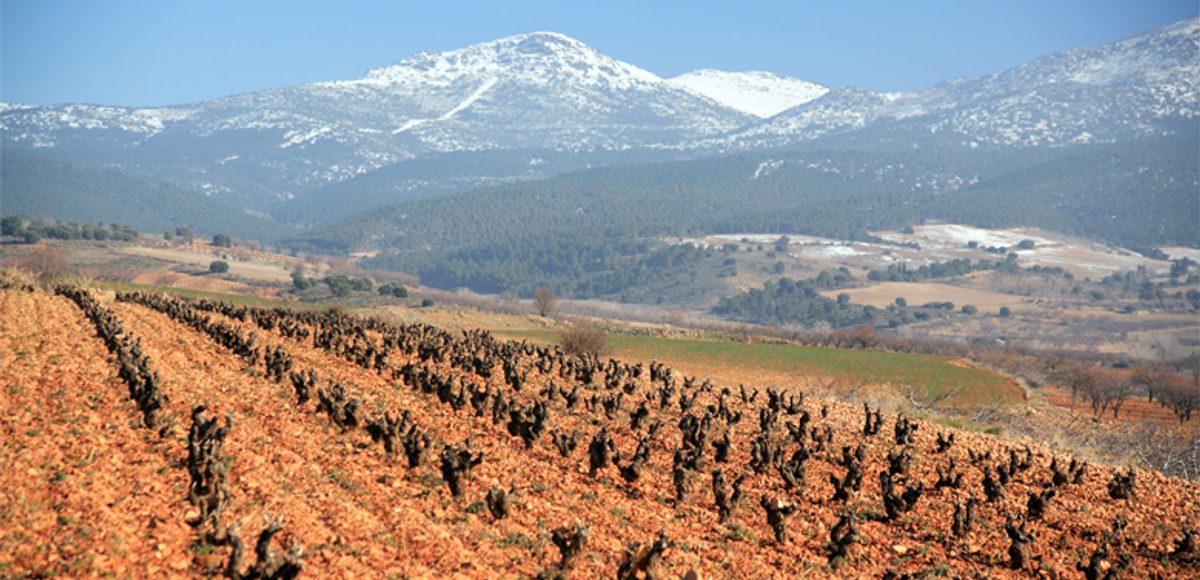
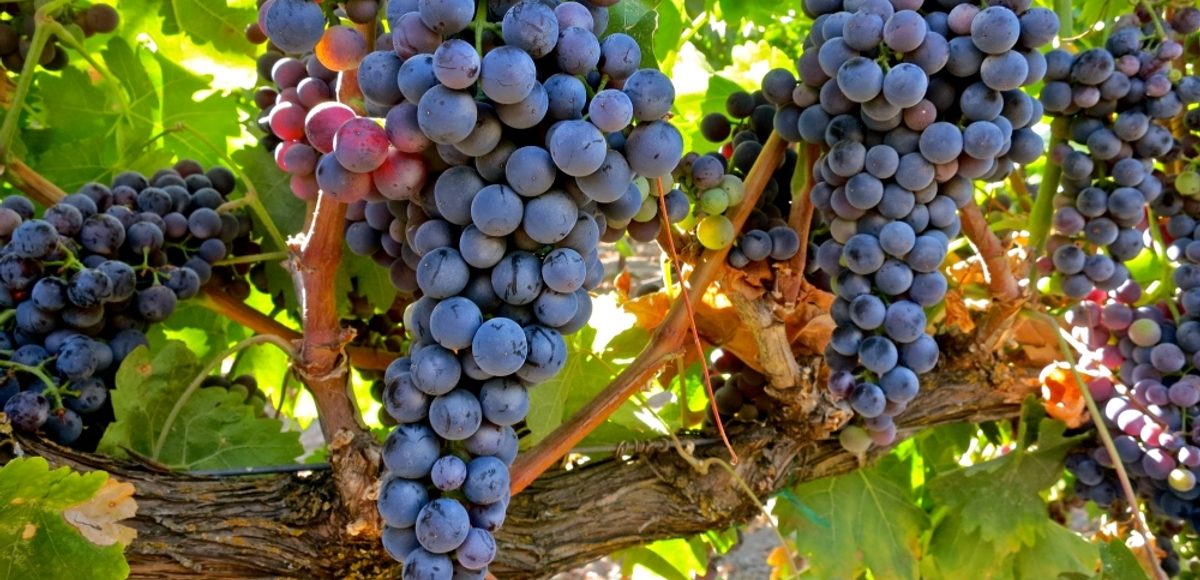
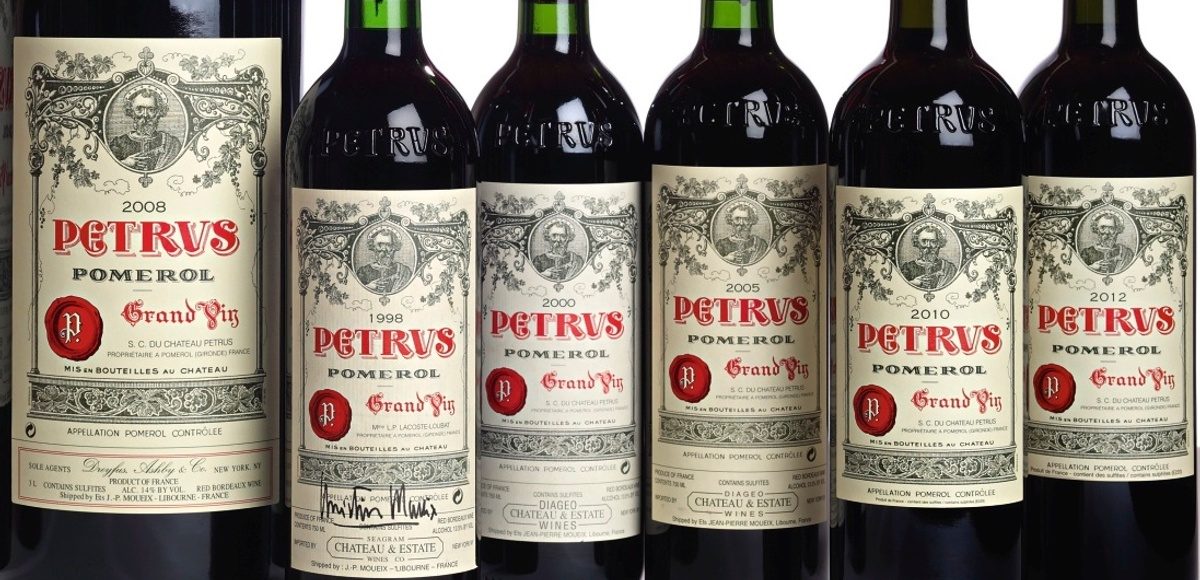
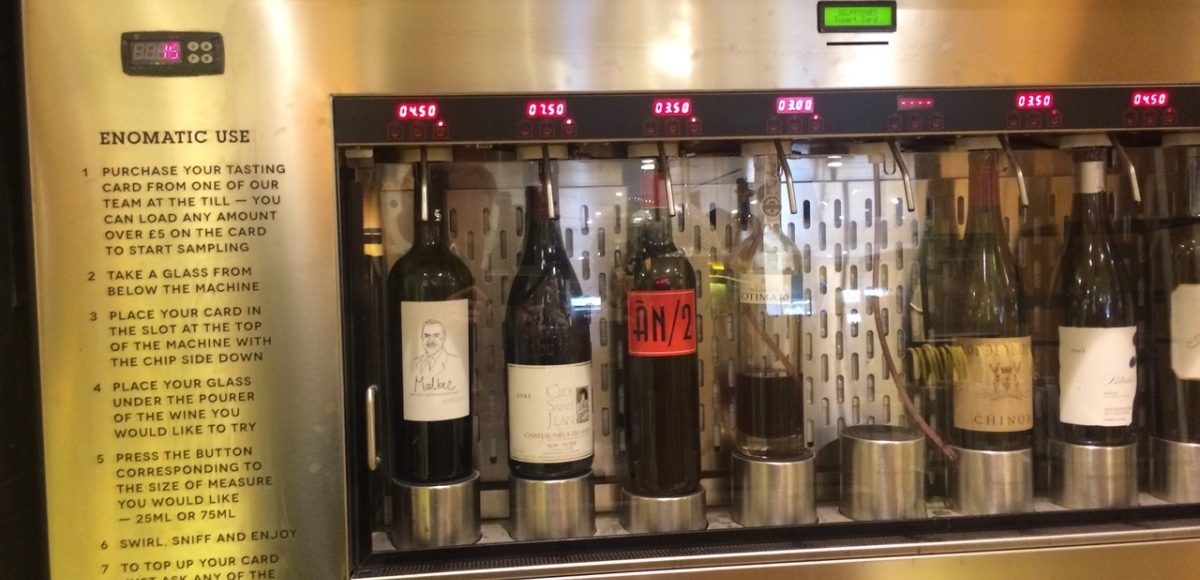
Javi | 30 June, 2021
|
Hey Mark! I just discovered your blog. I was wondering if white wines have tannins, and found the answer here! Btw, i’m taking the WSET 2 course, and your blog looks like a great resource. Thanks for the info!
Mark O'Neill | Author | 11 October, 2021
|
Hi Javi, apologies for not answering your question sooner. If there are tannins in a white wine they will have come from oak barrels, especially new or heavily toasted barrels.
By now you have probably done and passed your level 2! We are also a WSET school here in Valencia, with a wide selection of wines from around the world for students and winelovers to enjoy, thewineplace.es
Have a good day.